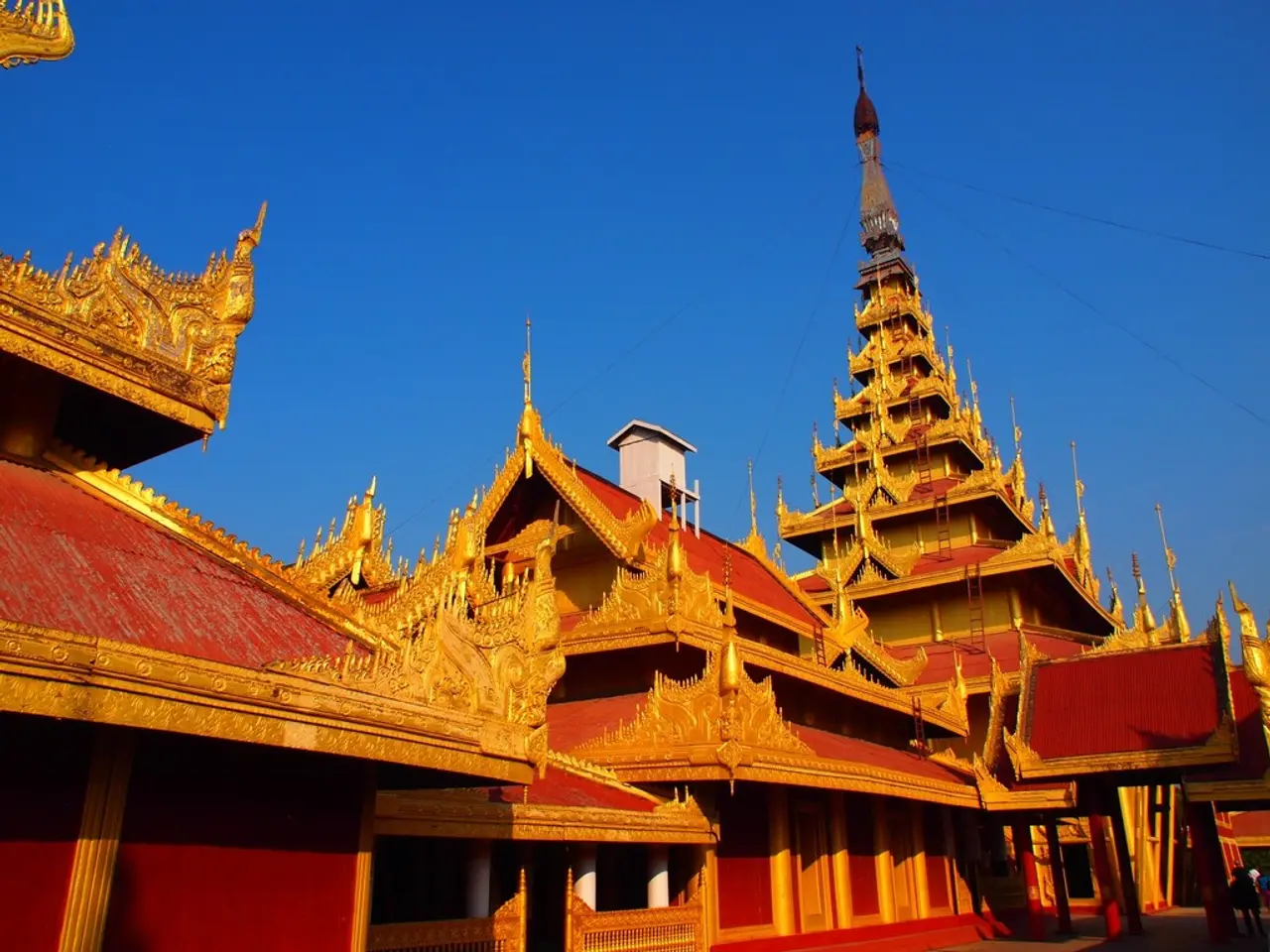Indonesian Inquiry: The Billion-Dollar Puzzle
Indonesia's newly launched sovereign wealth fund, Danantara, has taken control of the country's "Magnificent Seven" state-owned enterprises (SOEs), including banking giants and energy companies. With a focus on strategic sectors like renewable energy, infrastructure, and digital transformation, Danantara aims to propel Indonesia's GDP growth from around 5 percent to as high as 8 percent by 2029.
However, concerns have been raised about Danantara's potential to distort competition, possibly crowding out private investment and creating an uneven playing field. To address these issues and prevent political interference, corruption risks, and unfair market advantages, Indonesia should focus on the following key areas based on current insights and international best practices.
1. Establish Transparent and Independent Governance Structures
Danantara has committed to building a world-class institution aligned with global standards that emphasize integrity, transparency, and accountability in decision-making and oversight. This involves a clear separation of roles between political authorities and operational management, independent oversight bodies or boards equipped with authority to supervise investment decisions and performance evaluation, and public transparency in governance with regular disclosures beyond financial reports, including the rationale for investment choices and community impact assessments.
2. Institutionalize Robust Oversight and Accountability Mechanisms
To prevent corruption risks, Danantara should implement regular audits by independent auditors and anti-corruption compliance programs. Legal frameworks should empower regulatory bodies like Indonesia's Financial Services Authority (OJK) to supervise Danantara’s activities effectively within market conduct and competition laws. Establishing whistleblower protections and clear sanctions for breaches of governance or anti-competitive behavior is also crucial.
3. Align Investment Decisions with Fair Competition Principles
Danantara evaluates projects not only on commercial viability but also on strategic alignment with national development, involving coordination with government ministries. To avoid unfair market advantages, strict procurement and investment rules should ensure open competition for contracts and partnerships, avoiding favoritism or monopoly creation. Monitoring Danantara’s consolidated stakes in SOEs to prevent conflicts of interest and promote market fairness is also essential.
4. Legal and Regulatory Framework Enhancements
Strengthening related laws to safeguard governance includes codifying Danantara’s operational independence in law with explicit anti-interference clauses, implementing competition laws that address potential anti-competitive behavior arising from Danantara’s significant control in key sectors, and ensuring clear legal provisions cover asset transfers from SOEs to Danantara to avoid opaque practices linked to ownership changes.
5. Public Engagement and External Accountability
Danantara recognizes the importance of prioritizing real community impact and public trust. This can be achieved by encouraging stakeholder consultations and public reporting on the social and economic effects of investments. Instituting mechanisms for civil society participation and independent advisory panels in governance reviews is also essential.
In sum, Indonesia can strengthen Danantara’s safeguards by creating transparent, independent governance, enhancing oversight mechanisms, ensuring competitive and fair investment practices, reforming legal frameworks, and fostering public accountability—all grounded in international best practices already informing Danantara’s institutional design. These steps collectively help mitigate political interference, corruption, and unfair market advantages while bolstering Danantara’s credibility and long-term success.
Despite the governance model of Danantara differing markedly from more independent sovereign wealth funds like Singapore's Temasek, it serves as a catalyst for Indonesia's broader economic transformation, aiming to accelerate the country's economic diversification from raw material exports to higher-value industries. Indonesian officials view Danantara as crucial to boosting the country's economic performance.
Recent developments, such as Danantara's directive to suspend all major corporate actions by SOEs pending an audit and evaluation of executive performance, indicate a commitment to meritocratic principles in future leadership appointments. However, the governance structure of Danantara, which is closely aligned to political authorities, raises potential risks of corruption, cronyism, and conflicts of interest.
Danantara wields unprecedented authority to directly manage capital allocation, restructuring, and mergers of SOEs. Its privileged position raises concerns about fair competition with private investors. Danantara aims to improve operational efficiency and profitability of SOEs by consolidating and modernizing them. Its emergence represents a watershed moment for Indonesia’s global financial influence, potentially making it a major global investor.
- To ensure compliance with legal obligations and promote fair competition, Danantara should establish anti-corruption compliance programs and regular audits by independent auditors.
- In the finance sector, Indonesia's businesses could benefit from Danantara's commitment to aligning investment decisions with fair competition principles and robust oversight mechanisms that empower regulatory bodies like the Financial Services Authority (OJK) to supervise Danantara’s activities effectively.




